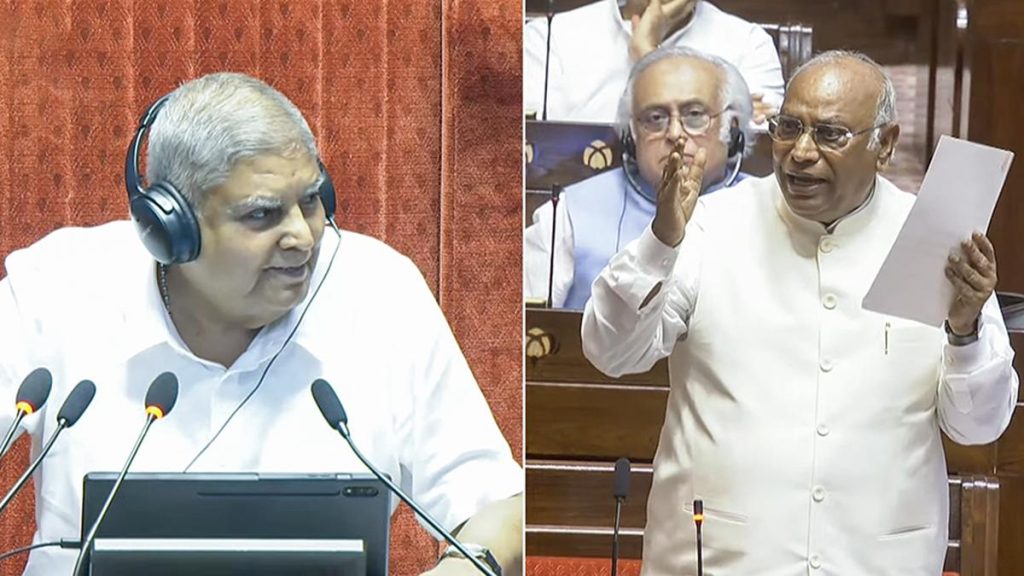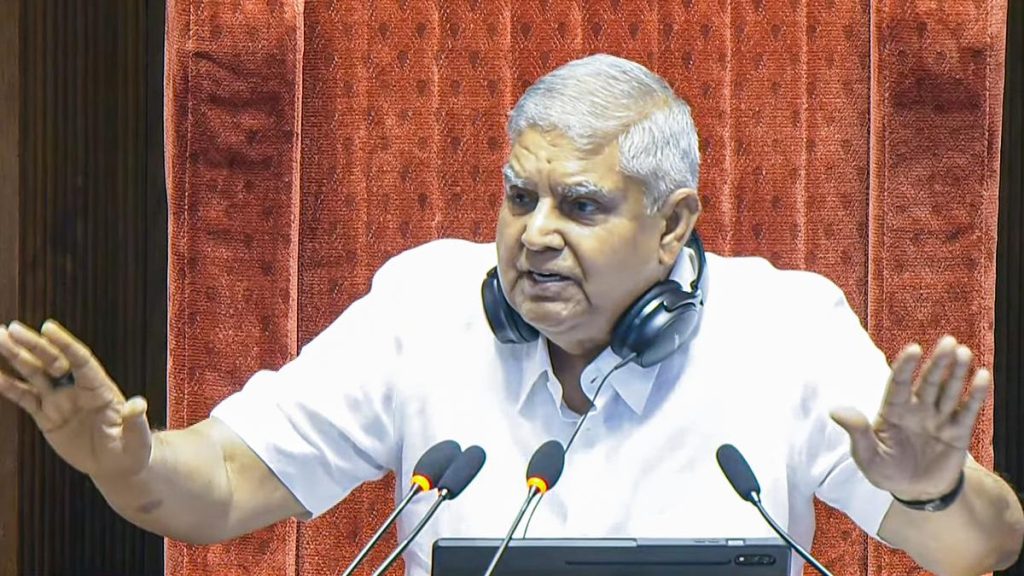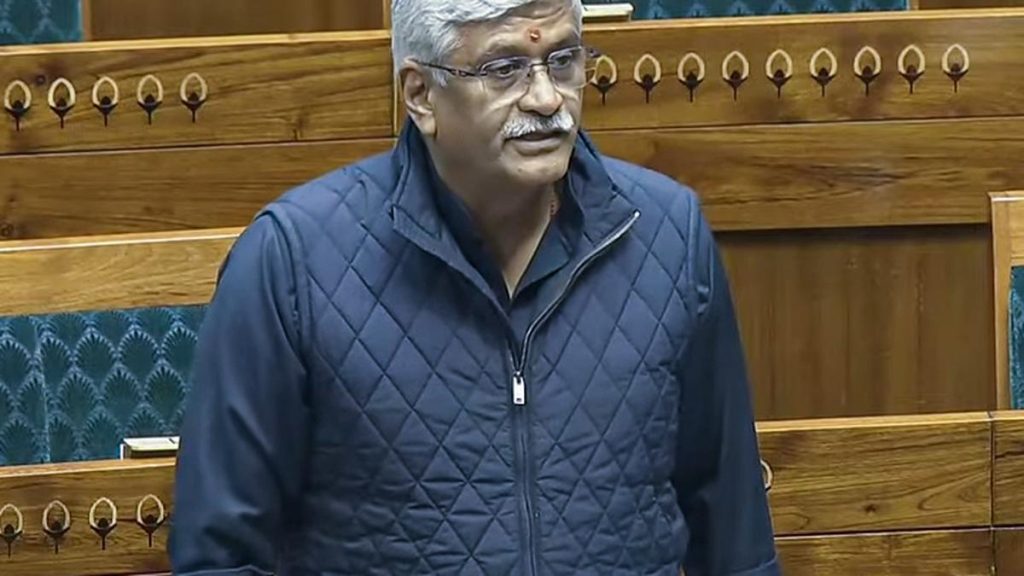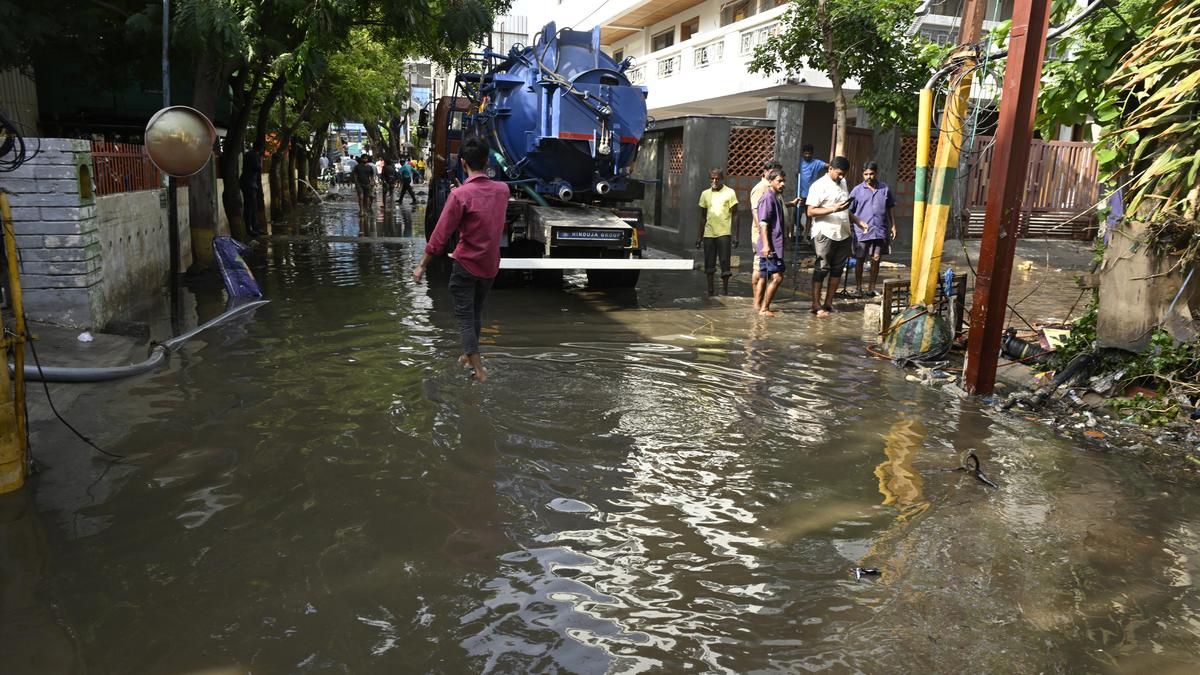Now Reading: NIRF to Impose Stricter Penalties for Retractions in 2024
-
01
NIRF to Impose Stricter Penalties for Retractions in 2024
NIRF to Impose Stricter Penalties for Retractions in 2024

Fast Summary:
- The National Institutional Ranking Framework (NIRF) will introduce negative scoring starting this year for higher education institutions whose research papers have been retracted in the past three years.
- Retractions and their citations will now impact institutional rankings, marking the first time NIRF is awarding penalties while calculating scores.
- The goal of this measure is to emphasize research ethics, with harsher penalties planned for future years, potentially leading to blacklisting institutions with consistently high retraction counts.
- Common causes for retractions include unethical research practices like data fabrication and manipulation but may also include genuine mistakes. Dr. Anil Sahashrabudhe from the National Board of Accreditation dismissed concerns about penalizing institutions due to individual researcher errors.
- Research ethics challenges such as misuse of large language models (LLMs), paper mills, and improper disclosures are increasingly being flagged by journals globally alongside quicker responses to red flags raised by self-reliant integrity researchers.
Indian Opinion Analysis:
The NIRF’s decision introduces a pioneering approach for assessing higher educational institutions in India by considering negative weightage linked to ethical lapses in published research work-a move that could reshape India’s academic landscape significantly over time. While this policy underscores the importance of maintaining high standards in research integrity, it also poses challenges regarding fairness when addressing instances caused by genuine errors rather than malicious intent.Since transparency and accountability across academic institutions align closely with global ranking norms, India’s proactive stance sends a message that quality matters over sheer quantity in academia-a commendable strategy given growing scrutiny worldwide on issues like fraudulent publishing practices or misuse of AI tools such as LLMs without disclosure. However, consistent implementation paired with appropriate safeguards against disproportionate penalization will be critical as harsher penalties roll out progressively.
Read more: Original Article

























